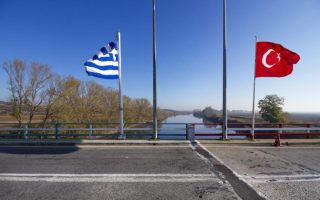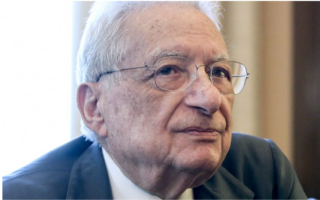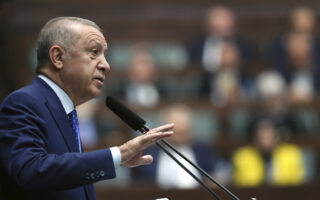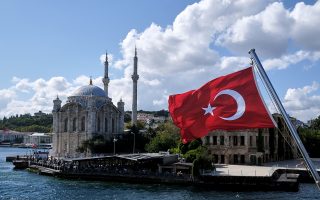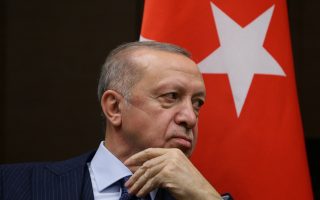A back door line of communication between Athens and Ankara
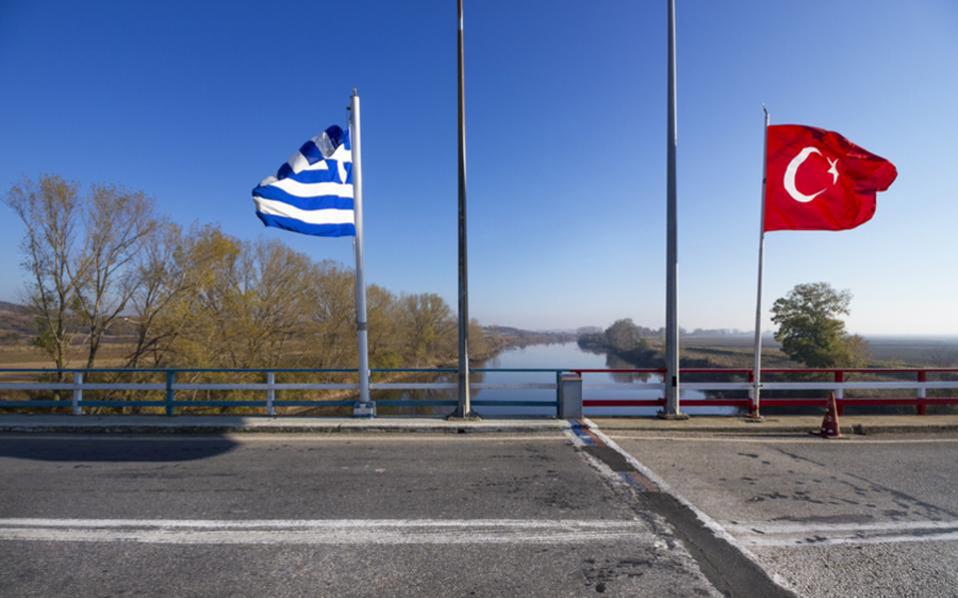
Given the volatile environment in Greek-Turkish relations, there is a need to maintain (or create if needed) workable channels of communication between Athens and Ankara. President Recep Tayyip Erdogan’s insistence on snubbing Prime Minister Kyriakos Mitsotakis should not be allowed to bring bilateral ties to a halt.
Neither side stands to gain from such an impasse. The cost of misreading or over-reacting to a random or even an orchestrated move could be disproportionate – as officials in Athens and Ankara are aware.
For such a back door communication to materialize, Athens needs to rely on a respected official who has the necessary experience in foreign affairs, in particular Greek-Turkish relations. He or she must also command the respect of the establishment in Ankara – including Erdogan himself.
Several figures – I can personally think of three – would fit this job description, i.e. of serving as a useful bridge between the two Aegean neighbors at this crucial juncture.
All three of them are political heavyweights and although they do not all come from within the ranks of the conservative government, they all share that strong sense of national responsibility. Furthermore, all three have been (or are) part in on way or another of European Union institutions, they enjoy access to the Brussels apparatus, and they are moderates, politically speaking, with a tendency for pragmatic solutions stripped of populism.
I believe that any one of them would willingly assume such a role as long as there was a consensus between the two sides. In fact, two of the people I have in mind have personal ties with the Turkish president, the legacy of particular circumstances past.
All likely candidates for the job – particularly the one that seems more fitted to navigate the present complex situation – could immediately establish a direct line of communication and even meet behind closed doors with a trusted Erdogan aide (such as, for example, Ibrahim Kalin, the president’s spokesman and chief foreign policy adviser) to convey what is necessary. That person has the special weight as well as the personal bond to speak directly with the Turkish strongman, but also with the political opposition, in both countries.
For reasons that are not to be examined here, trust between the two leaderships has been damaged. However, irritation and anger are the worst counsellors, especially when peaceful co-existence of two nations is at stake.
The timing – Turkey’s pre-election period, always a fertile ground for inflammatory rhetoric, coupled with the prospect of prolonged political uncertainty in Greece amid an all-but certain double election as a result of the electoral system – is fraught with risk.
More than any other time in the last few years, there is need to restore an open line of sincere communication between the two capitals.
